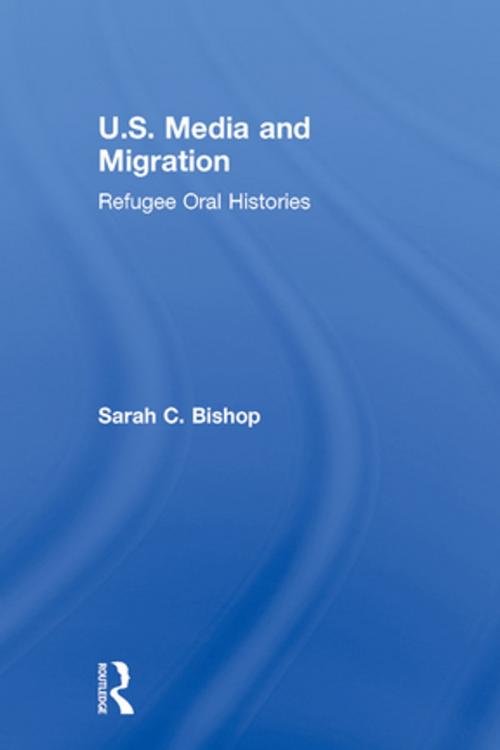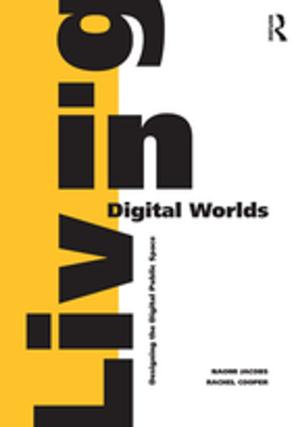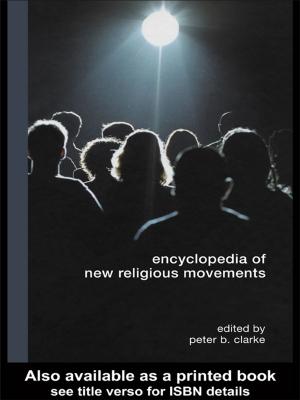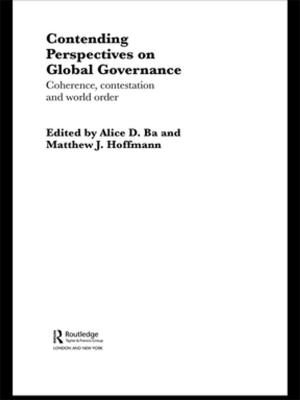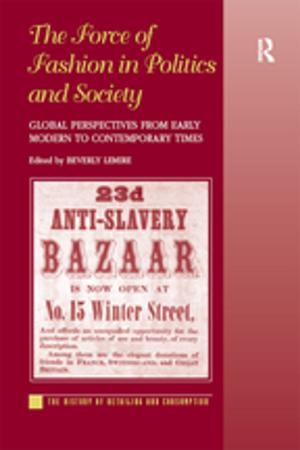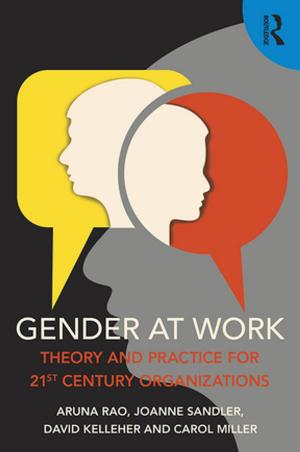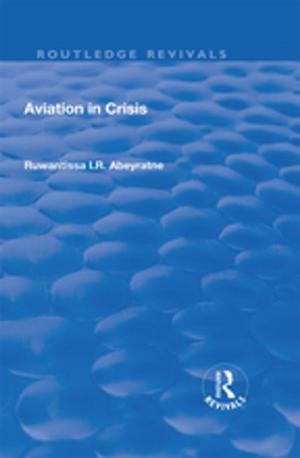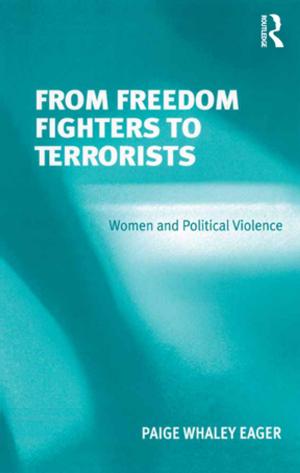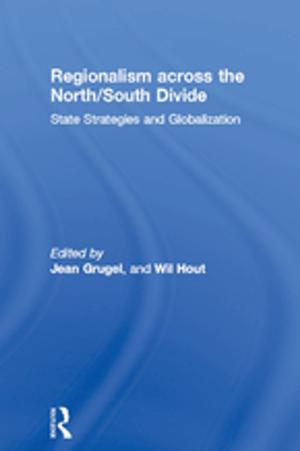U.S. Media and Migration
Refugee Oral Histories
Nonfiction, Social & Cultural Studies, Social Science, Cultural Studies, Emigration & Immigration, Ethnic Studies| Author: | Sarah C. Bishop | ISBN: | 9781317366010 |
| Publisher: | Taylor and Francis | Publication: | December 22, 2015 |
| Imprint: | Routledge | Language: | English |
| Author: | Sarah C. Bishop |
| ISBN: | 9781317366010 |
| Publisher: | Taylor and Francis |
| Publication: | December 22, 2015 |
| Imprint: | Routledge |
| Language: | English |
Winner of the 2017 Outstanding Book Award from the National Communication Association's International and Intercultural Communication Division and the 2017 Sue DeWine Book Award from the NCA Applied Communication Division
Using oral history, ethnography, and close readings of media, Sarah C. Bishop probes the myriad and sometimes conflicting ways refugees interpret and use mediated representations of life in the United States. Guided by 74 refugee narrators from Bhutan, Burma, Iraq, and Somalia, U.S. Media and Migration explores answers to questions such as: What does one learn from media about an unfamiliar place? How does media help or hinder refugees' sense of belonging after relocation? And how does the U.S. government use media to shape refugees' understanding of American norms, standards, and ideals? With insights from refugees and resettlement administrators throughout, Bishop provides a compelling and layered analysis of the interaction between refugees and U.S. media before, during, and long after resettlement.
Winner of the 2017 Outstanding Book Award from the National Communication Association's International and Intercultural Communication Division and the 2017 Sue DeWine Book Award from the NCA Applied Communication Division
Using oral history, ethnography, and close readings of media, Sarah C. Bishop probes the myriad and sometimes conflicting ways refugees interpret and use mediated representations of life in the United States. Guided by 74 refugee narrators from Bhutan, Burma, Iraq, and Somalia, U.S. Media and Migration explores answers to questions such as: What does one learn from media about an unfamiliar place? How does media help or hinder refugees' sense of belonging after relocation? And how does the U.S. government use media to shape refugees' understanding of American norms, standards, and ideals? With insights from refugees and resettlement administrators throughout, Bishop provides a compelling and layered analysis of the interaction between refugees and U.S. media before, during, and long after resettlement.
